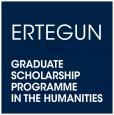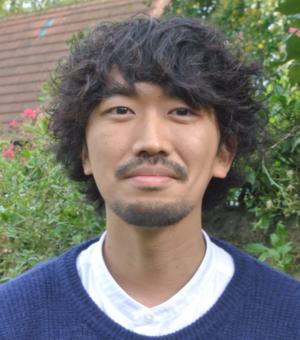Tyuki Imamura (Japan/USA)
My research interests lie in the theorisation of the relationship between place and human practices. In particular, my academic and professional exploration has been anchored in championing the transformative potential of community-led actions to create a space for vibrant public discourse.
The impetus for my academic pursuits stems from questions that arose during my time working for a community-led art project in the aftermath of the 2011 Japanese Earthquake and Tsunami. In the wake of an unprecedented disaster, it was the altruistic efforts of individuals that filled the void left in the absence of the public infrastructure that was literally washed away. Having worked together with local activists and cultural practitioners who devoted themselves to creating a platform to heal the wounded community and environment, I became aware of the profound power of human expression, encompassing artistic endeavours to philosophical inquiries, that could reach the intangible cultural needs and form a moment of collective engagement. Self-running cultural initiatives however can be vulnerable organisms. This awareness fuelled my deep concern for the undermined role of grassroots art activism, compelling me to cultivate interdisciplinary knowledge on this seemingly small but indispensable arena for public action. I explored these issues through the lens of philosophy and history of art during my Bachelors at Bard College, New York. My research at Bard focused on urban memory and the idea of fluid changes in perception with reference to contemporary Asian video artists, postmodernist phenomenology, Wittgenstein’s aesthetics, and Kyoto-school Zen philosophy, for which I received Heinrich Blücher Prize and John Bard Scholars Prize. I proceeded to pursue a Master of Science in Sustainable Urban Development at Oxford, where I explored the aforementioned questions from interdisciplinary, social scientific perspectives in reference to ongoing urban discourse on sustainability. My dissertation was on the critique of the Japanese government’s treatment of culture in people’s everyday activities within the reconstruction attempts following the 2011 Earthquake and Tsunami, for which I received a distinction. Most recently, I have been conducting research under the guidance of Professor Yoshitaka Mori within the Global Arts program at Tokyo University of the Arts.
In parallel with my academic work, I employ curatorial practices as a means of collaborative research to unveil latent potentialities in our daily life. This comprehensive approach ensures that my academic knowledge remains grounded in the realities of cultural activism, acknowledging the nuances that may not always find representation in traditional academic literature. Over the years I have worked with various collective practitioners across Asia, the Middle East, and Europe, including my work as researcher for the Artistic Director at Yokohama Triennale 2020 Raqs Media Collective and curatorial assistant at documenta fifteen/lumbung 1 with ruangrupa.
My DPhil research at Ruskin School of Art, supervised by Professor Anthony Gardner and Professor Sho Konishi, focuses on the evolution of interlocal networks of self-organised, community-led art activism in Asia, a cultural phenomenon that has been proliferating since the turn of the century. Through this study, I aim to contextualise and theorise the transformative potential of these alternative art platforms and contribute towards an understanding of their significance in the time we live.
I am deeply grateful to the Ertegun Graduate Scholarship Programme for their generous support to make this research possible, and to have this opportunity to expand my understanding of the Humanities in dialogue with fellow scholars across diverse fields and cultures.




